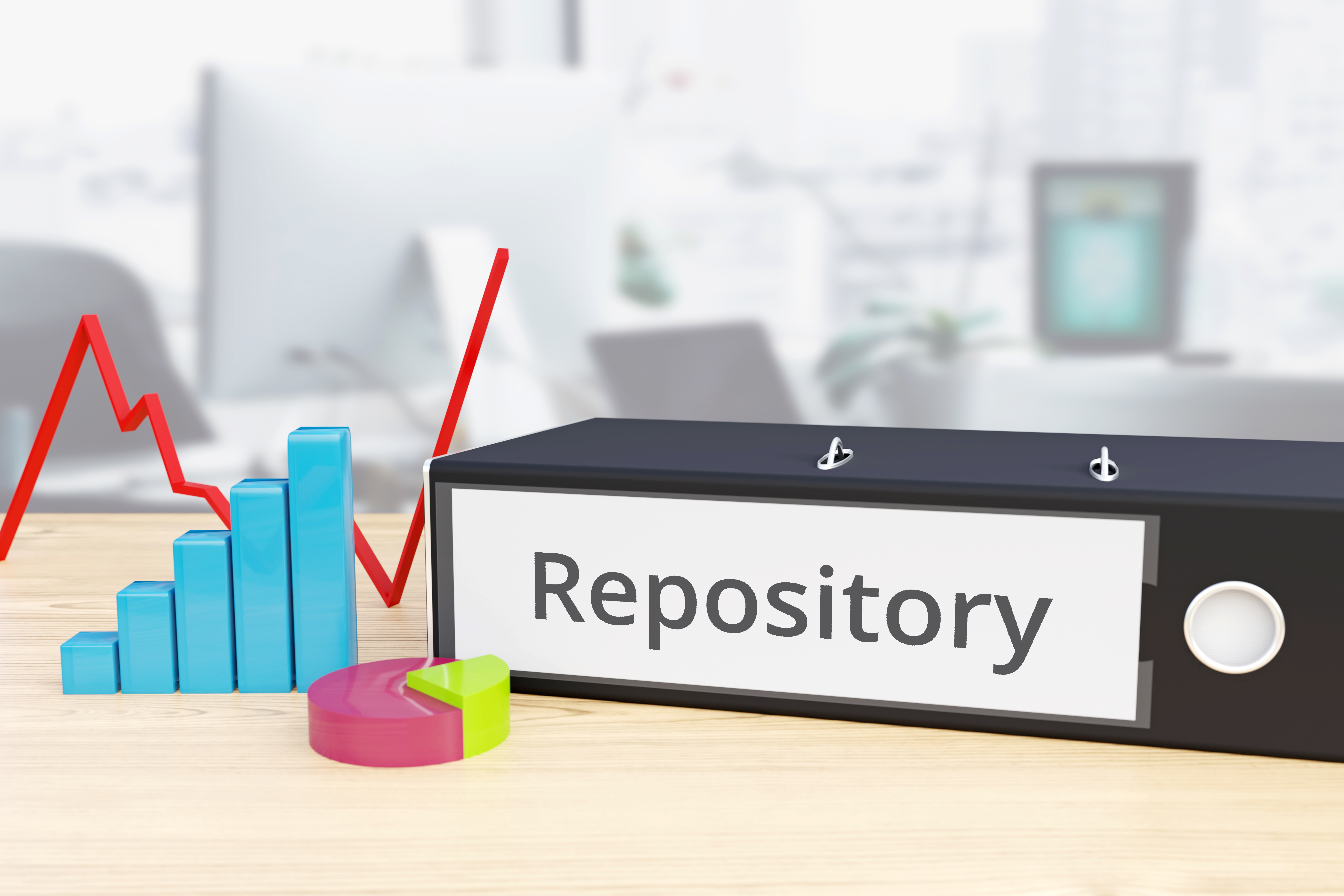The Benefits of a Performance Management System
A good performance management system works towards the improvement of an organization’s overall performance by managing the performances of teams and individuals to ensure the achievement of overall ambitions and goals. An effective performance management system can play a very crucial role in managing the performance in an organization by:
- Ensuring that the employees understand the importance of their contributions to the organizational goals and objectives
- Ensuring each employee understands what is expected from them and ascertaining whether the employees possess the required skills and support for fulfilling such expectations
- Ensuring proper aligning or linking of objectives and facilitating effective communication throughout the organization
- Facilitating a cordial and a harmonious relationship between an individual employee and the line manager based on trust and empowerment
Performance management practices can have a positive influence on the job satisfaction and employee loyalty by:
- Regularly providing open and transparent job feedbacks to the employees
- Establishing a clear linkage between performance and compensation
- Providing ample learning and development opportunities by representing the employees in leadership development programs, etc.
- Evaluating performance and distributing incentives and rewards on a fair and equated basis
- Establishing clear performance objectives by facilitating an open communication and a joint dialogue
- Recognizing and rewarding good performance in an organization
- Providing maximum opportunities for career growth
An effectively implemented performance management system can benefit the organization, managers and employees in several ways as depicted below:
1. Organization’s Benefits
Improved organizational performance, employee retention and loyalty, improved productivity, overcoming the barriers to communication, clear accountabilities, and cost advantages.
2. Manager’s Benefits
Saves time and reduces conflicts, ensures efficiency and consistency in performance.
3. Employee’s Benefits
Clarifies expectations of the employees; self-assessment opportunities clarifies the job accountabilities, and contributes to improved performance, and clearly defines career paths, and promotes job satisfaction.
Clearly defined goals, regular assessments of individual performance and company-wide requirements can be helpful in defining the corporate competencies and the major skill gaps so training and development plans can be designed for the employees. A sound performance management system can serve two crucial objectives:
Evaluation Objectives
- By evaluating the readiness of the employees for taking up higher responsibilities
- By providing feedback to the employees on their current competencies and the need for improvement
- By linking performance with the scope of promotions, incentives, rewards and career development
4. Developmental Objectives
The developmental objective is fulfilled by defining the training requirements of the employees based on the results of the reviews and diagnosis of the individual and organizational competencies. Coaching and counseling helps in winning the confidence of the employees and in improving their performance, besides strengthening the relationship between the superior and the subordinate.
In a nutshell, performance management serves as an important tool for realizing organizational goals by implementing competitive HRM strategies. It helps in aligning and integrating the objectives with the KPI’s in an organization, both vertically and horizontally, across all job categories and levels, and thus helps in driving all the activities right from the bottom level towards one single goal.
ManagementStudyGuide.com is an educational portal launched in 2008 with the vision of providing students and corporate workforces worldwide with access to rich, easy to understand, frequently updated instruction on many management related topics. http://www.managementstudyguide.com/
http://managementstudyguide.com/benefits-of-performance-management-system.htm
For in-depth articles on talent management, get your FREE subscription to the Drake Business Review magazine. Our global publication focuses on your talent management issues and provides solutions from thought leaders and industry experts around the world. Click here.
Elevate your performance management process to a relationship, productivity, and behaviour-modification tool that will drive positive change, develop core competencies, and achieve bottom-line results. To learn more, click HERE.
 CA-EN
CA-EN UK
UK AU
AU US
US NZ
NZ PH
PH ZA
ZA SG
SG HK
HK


